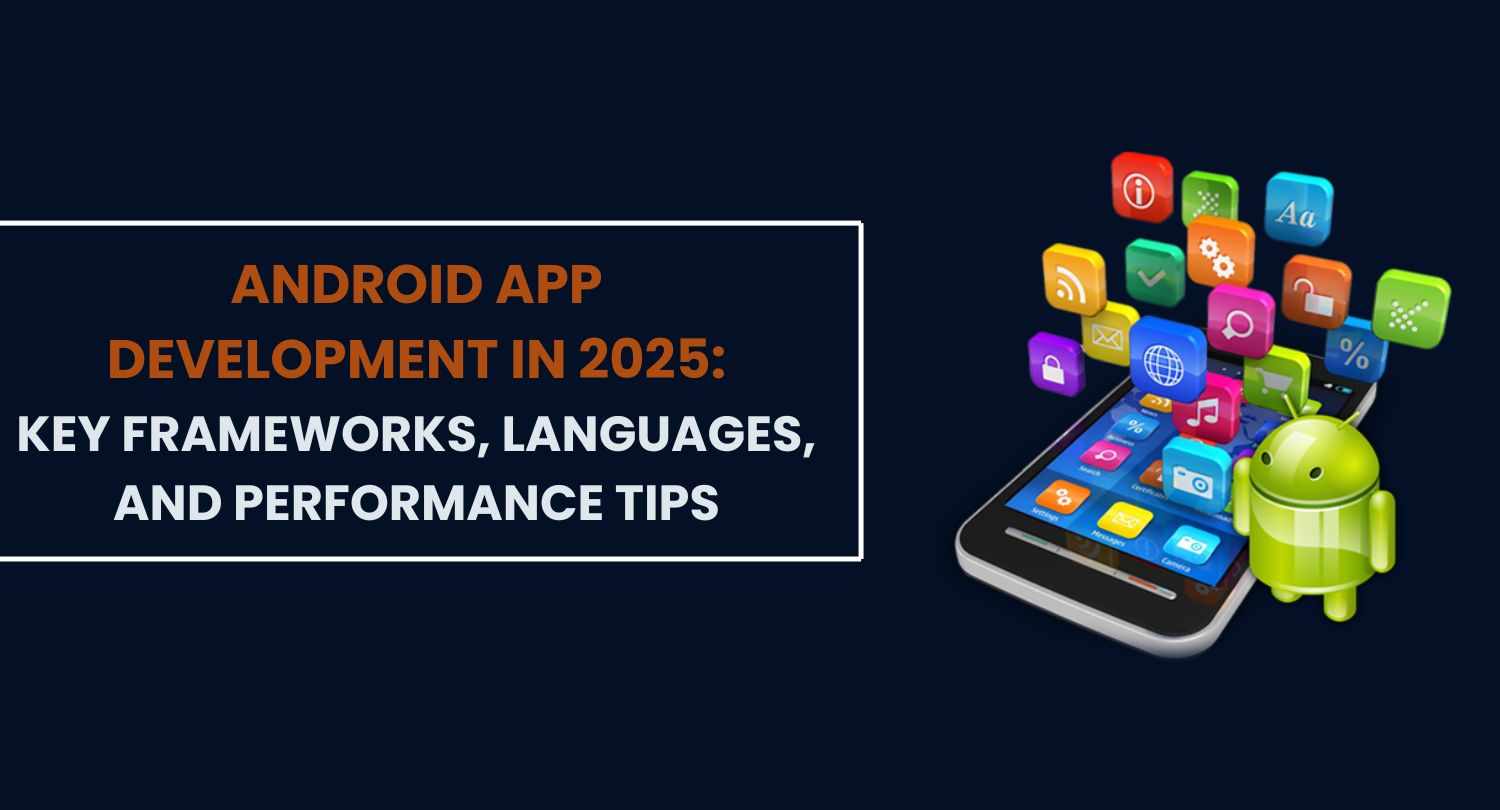
As mobile technology continues to evolve, Android app development in 2025 is experiencing significant shifts in trends, technologies, and methodologies. With the widespread adoption of AI, growing user expectations, and increasing demand for seamless performance, developers are under pressure to deliver high-quality, feature-rich applications. This article explores the essential frameworks, programming languages, and performance optimization strategies that define the Android development landscape in 2025. It also highlights important considerations for businesses seeking custom Android app development services, insights into android app development cost, and tips for choosing from among the top Android app development companies.
The Current Landscape of Android App Development
The Android operating system remains the most widely used mobile OS globally, supported by a rich ecosystem of devices, tools, and developer communities. In 2025, the market for Android applications continues to grow, driven by emerging technologies like 5G, artificial intelligence, augmented reality (AR), and the Internet of Things (IoT).
Businesses of all sizes now consider mobile apps critical for customer engagement, brand visibility, and revenue generation. Consequently, demand for custom Android app development services has surged, with clients seeking tailor-made solutions that offer high performance, unique design, and scalable architecture.
Key Frameworks Dominating Android Development in 2025
Frameworks serve as the foundation for Android app development by providing pre-written code, tools, and APIs to streamline the development process. In 2025, several frameworks are leading the charge:
1. Jetpack Compose Jetpack Compose, Google’s modern toolkit for building native UIs, has become the default choice for Android developers. It simplifies UI development through a declarative approach, allowing developers to create responsive and dynamic interfaces with less code.
2. Flutter Developed by Google, Flutter enables cross-platform development for Android, iOS, and web applications. Its rich widget library and Dart language make it ideal for creating visually appealing and high-performance apps. Many top Android app development companies now include Flutter in their service offerings due to its efficiency.
3. Kotlin Multiplatform Mobile (KMM) KMM allows developers to share business logic across Android and iOS platforms while maintaining native performance. As Kotlin becomes increasingly preferred over Java for Android development, KMM offers a powerful solution for code reusability and faster development cycles.
4. React Native Backed by Meta (formerly Facebook), React Native continues to be popular in 2025 for its ability to build cross-platform apps using JavaScript and React. Though it may not offer the same level of performance as native tools, it remains a viable choice for many startups and SMEs due to its speed and cost-effectiveness.
5. Native Android (Android Studio with Kotlin/Java) Despite the rise of cross-platform tools, native development using Android Studio remains indispensable for performance-intensive applications. Native development ensures full access to Android APIs and better integration with device hardware, which is crucial for apps requiring high precision and responsiveness.
Programming Languages Shaping Android Development
Programming languages are the backbone of app development. In 2025, the following languages are leading Android app creation:
1. Kotlin Kotlin is the official language for Android development and continues to grow in popularity. Known for its concise syntax, null safety, and seamless integration with Android Studio, Kotlin enhances productivity and reduces bugs.
2. Java While Kotlin has taken the spotlight, Java remains in use, particularly in legacy systems and enterprise applications. Its robust libraries and community support make it a reliable option.
3. Dart Used with Flutter, Dart is known for its fast compilation and ease of learning. Dart's single codebase for multiple platforms makes it a strong contender for startups looking to optimize android app development cost.
4. JavaScript and TypeScript In frameworks like React Native, JavaScript (and its superset TypeScript) continues to be used for Android development. TypeScript’s strong typing improves code quality and maintainability.
5. Python (for AI and Backend) Though not a primary Android language, Python is frequently used for backend services and AI integration. As Ai development services become more prevalent, Python's role in the Android development ecosystem grows.
Performance Tips for High-Quality Android Applications
In 2025, users expect apps to be fast, responsive, and energy-efficient. Performance optimization is therefore a crucial aspect of development. Here are key strategies:
1. Optimize UI Rendering Using tools like Jetpack Compose or optimized Flutter widgets can reduce layout complexity and improve rendering speed. Avoiding deep view hierarchies and using efficient layout structures can significantly enhance performance.
2. Efficient Memory Management Memory leaks and overuse can lead to sluggish apps and crashes. Developers must monitor memory consumption using Android Profiler and ensure proper resource disposal.
3. Battery Optimization With increased device usage, battery consumption is a critical metric. Reducing background processes, optimizing GPS usage, and minimizing network requests help extend battery life.
4. Asynchronous Programming Using coroutines in Kotlin or async/await patterns in other languages can keep the UI thread free and responsive. Asynchronous programming ensures better performance, especially during network calls and data processing.
5. Modular Architecture Implementing modular design helps isolate features, improve build times, and simplify testing. Clean architecture and separation of concerns also contribute to maintainable and scalable codebases.
6. Network Efficiency Reducing data usage through compression, caching, and efficient APIs improves app speed and user experience. Using libraries like Retrofit or OkHttp with caching strategies can reduce latency.
7. Testing and Monitoring Performance testing using tools like Firebase Performance Monitoring or Android Vitals provides insights into real-world app behavior. Continuous testing helps catch issues early in the development cycle.
Considerations When Choosing Android Development Services
When selecting custom Android app development services, businesses must evaluate several factors to ensure a successful partnership:
Experience and Portfolio: Look for companies with proven experience in developing apps similar to your vision.
Technical Expertise: Evaluate their proficiency in modern frameworks, languages, and tools.
UI/UX Design: A good app is not only functional but also visually appealing and user-friendly.
Post-launch Support: Maintenance, updates, and bug fixes are critical for long-term success.
Scalability: Choose a provider capable of scaling the app as your business grows.
Understanding Android App Development Cost
Android app development cost in 2025 varies significantly based on several factors:
Complexity of the App: Simple apps cost less, while feature-rich applications with AI, AR, or IoT features require more investment.
Development Time: More features and platforms increase the time and cost.
Team Location: Developers in North America or Europe typically charge more than those in Asia or Eastern Europe.
Maintenance and Updates: Ongoing support adds to the total cost over time.
Generally, the cost can range from $10,000 for basic apps to over $300,000 for enterprise-grade applications. Engaging with top Android app development companies can offer better ROI due to their expertise and quality assurance.
The Role of AI Development Services
AI is transforming Android app capabilities, offering features like personalization, voice assistants, image recognition, and predictive analytics. In 2025, integrating AI into mobile apps is more accessible thanks to cloud-based APIs, on-device machine learning (ML Kit), and AI frameworks.
Top use cases include:
Chatbots and Virtual Assistants
Recommendation Engines
Image and Speech Recognition
Predictive Text and Smart Replies
Fraud Detection and Security Enhancements
Businesses investing in AI development services can significantly improve user engagement and differentiate their apps in a competitive market.
Conclusion
Android app development in 2025 is shaped by rapid technological advances, evolving user expectations, and a robust development ecosystem. Leveraging modern frameworks like Jetpack Compose and Flutter, adopting Kotlin and other relevant languages, and following performance optimization best practices are crucial for success. For businesses, understanding android app development cost and choosing reliable custom Android app development services is vital to achieving their digital goals.
As AI continues to revolutionize mobile applications, integrating intelligent features through Ai development services will become standard practice. Partnering with top Android app development companies ensures access to the latest innovations, quality assurance, and a strategic approach to mobile success.




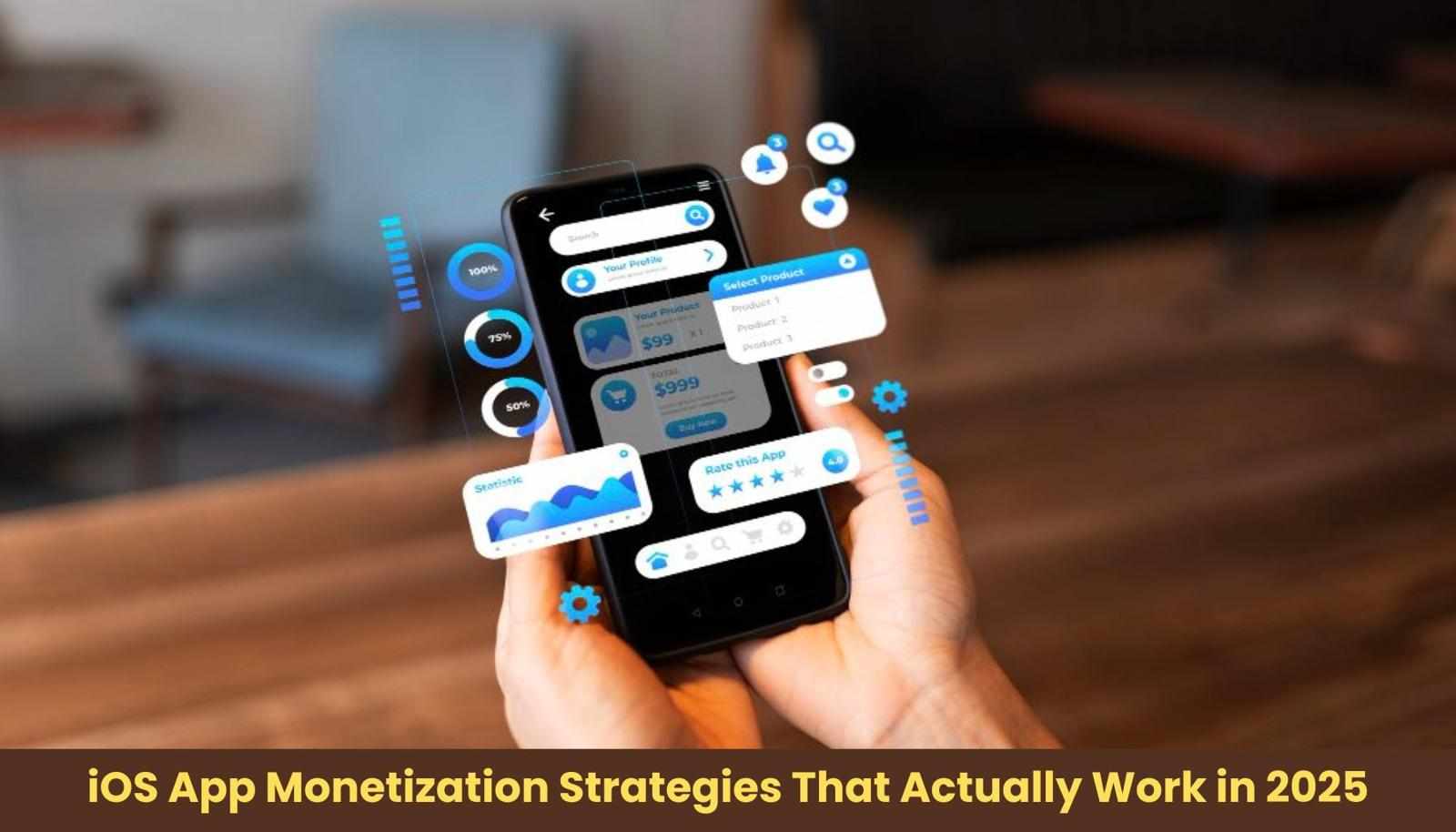
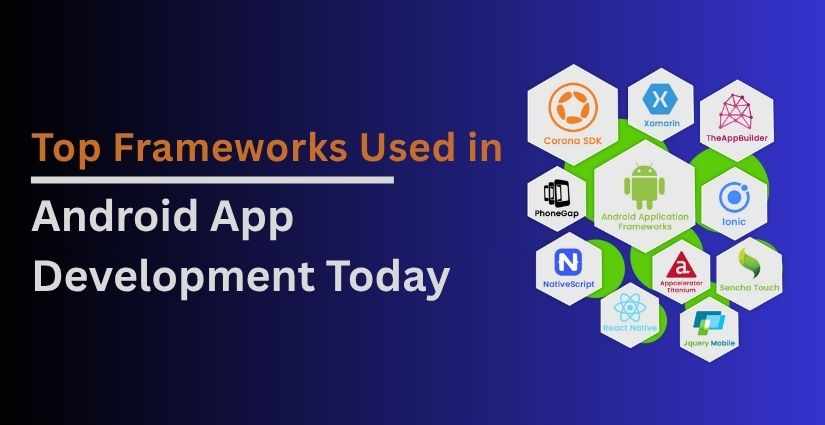
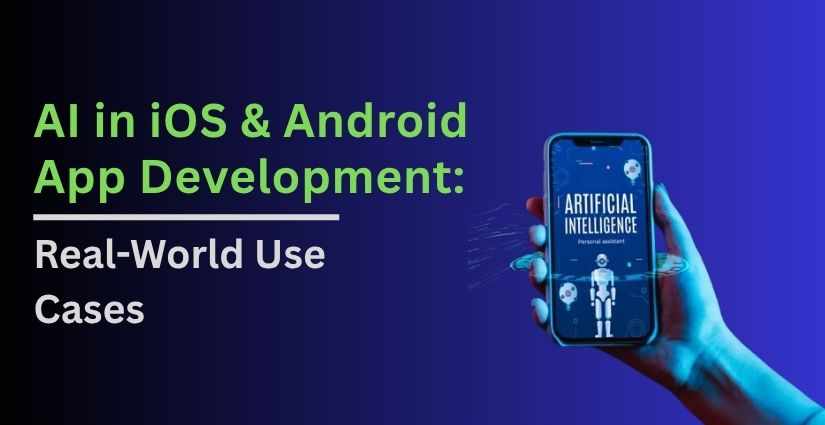

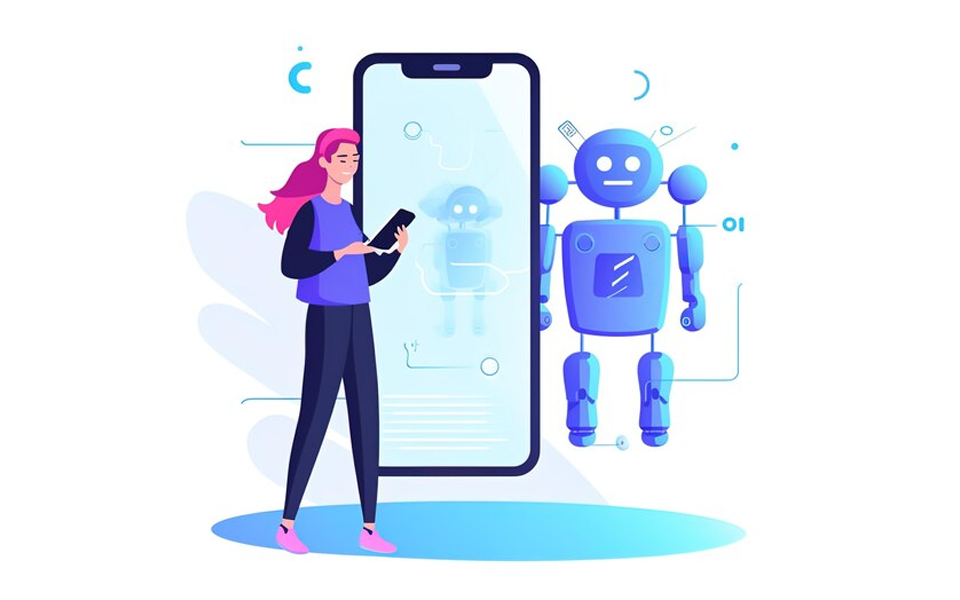


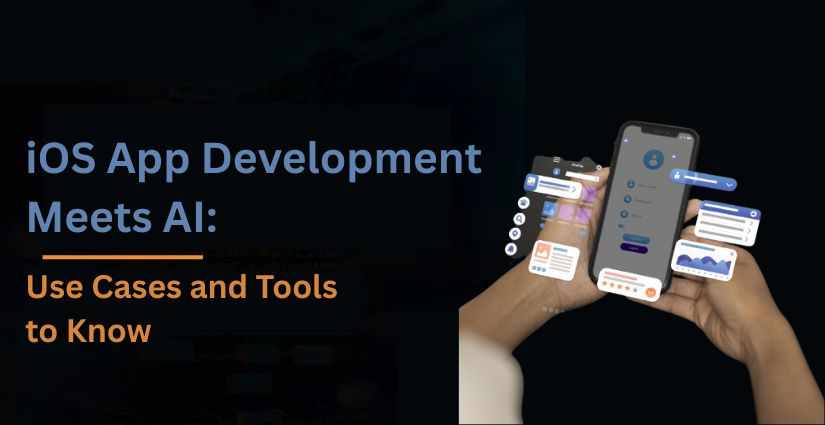

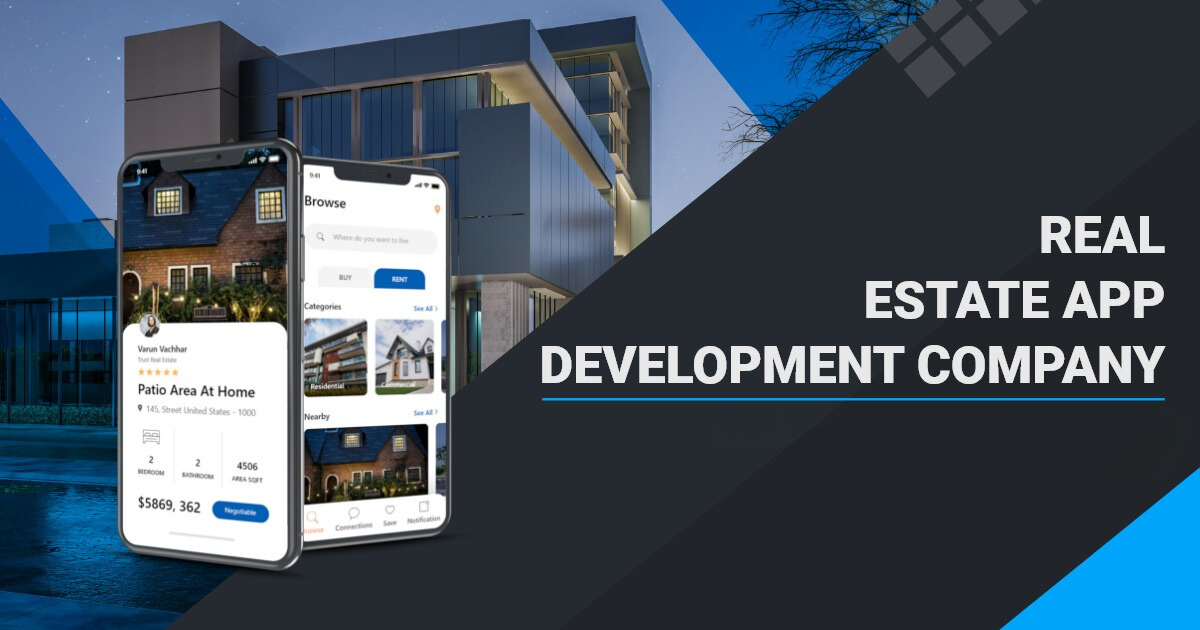
Write a comment ...